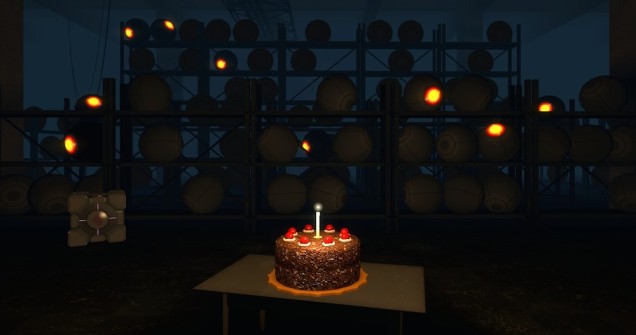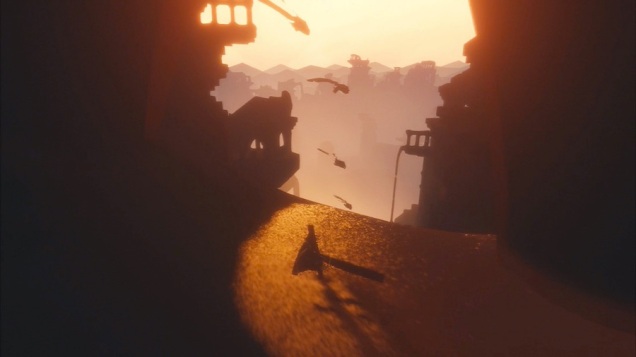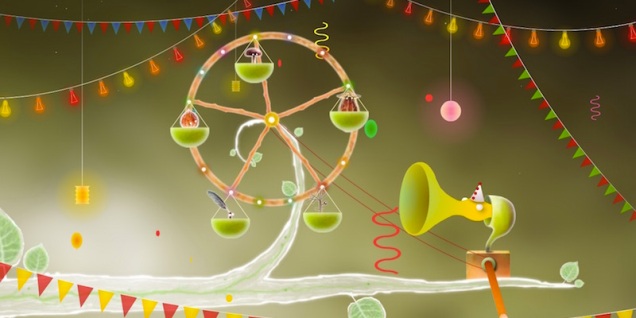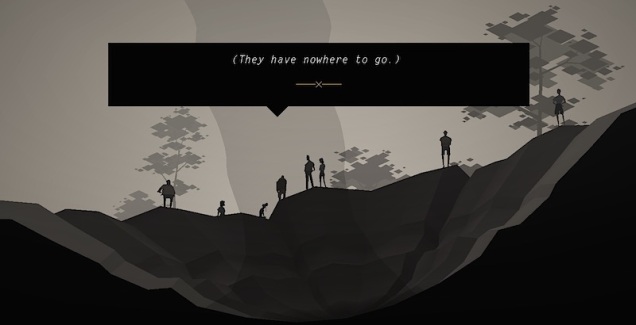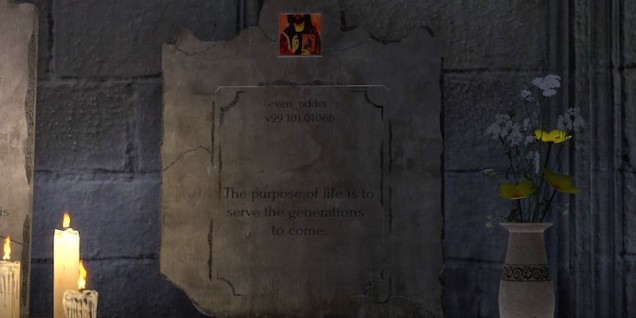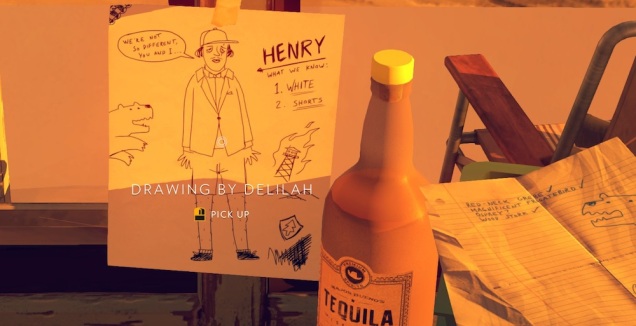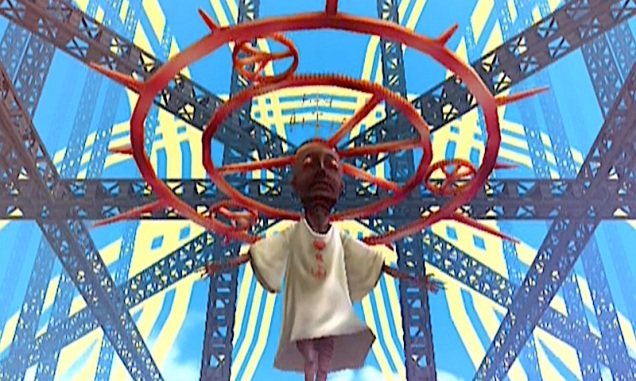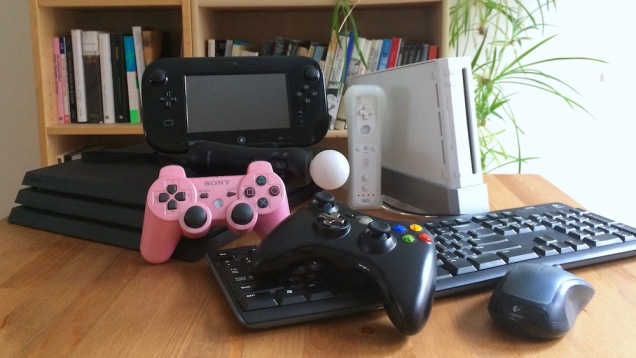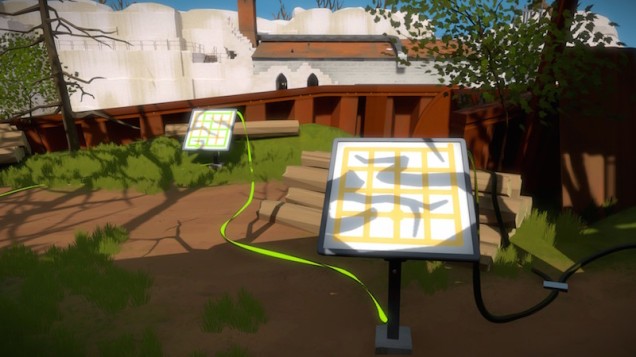
Even those who would reject the idea that videogames are an “art form” could agree that games can exhibit certain traditional aesthetic values. One prominent one is elegance. If we look toward traditional, analogue games, it seems inarguable to me that Go is elegant, and that Chess is elegant. Over the course of centuries, the tumbler of human culture has worn them down to their most perfect, least messy forms. (And they often come in supremely visually pleasing packages, to boot.) Looking to the history of videogames, it seems uncontroversial to propose that Tetris (Alexey Pajitnov, 1984) and Breakout (Atari, 1972) also exhibit this serene mixture of simplicity and grace.
Of course, videogames can also be bloated and unrefined. On the audiovisual level, the public imagination has long associated the medium all that is cacophonous and retina-searing: a ceaseless stream of crude stimulation optimized for goldfish-like attention spans. A peek at the output of PlatinumGames or Treasure over the past decade demonstrates that this conception is not entirely unearned. On the design side of things, games often come packaged with an inordinate amount of mechanical cruft. To boot up a contemporary Ubisoft game is to be assaulted by map icons, as the core activities of the game are augmented with collectibles and minigames and side-challenges and online player “invasions” and microtransactions and and and and and and and and and….
Sometimes, though, you can point to a game and say, “this is exactly what it needs to be, and no more.” Sometime a game stands as a perfectly-cut gem of craft, with every element contributing to an overall sense of balance. Its user interface is a triumph of usability, compact and graceful. Its color scheme is tamped-down and meaningful. Its sound design is minimal and expertly-deployed. It is thematically tight: if there is a narrative involved, it is a lean and coherent one. It is, overall, soothing in its form, even if it might simultaneously be stressful in its challenge.
The first five games of this list all chase this sort of technical perfection. Some are small, and some are large, but they all are careful not to hit one unnecessary note.
Continue reading →
